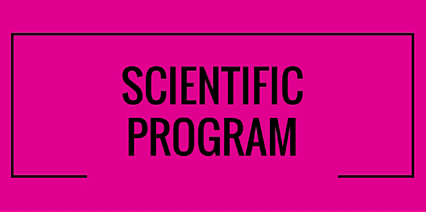
Marjo-Riitta Järvelin
Imperial College London, UK
Title: Challenging life course approaches and their implications: New research concepts
Biography
Biography: Marjo-Riitta Järvelin
Abstract
Over the last few years there has been increasing interest in (genetic) epidemiology conceptualizing disease aetiology within a life-course framework. We can define a life course approach to disease as the study of long-term effects on disease risk of physical and social exposures during gestation, childhood, adolescence, young adulthood and later adult life. This approach is illustrated in conventionally, chronic disease cohort studies recruit subjects in mid-life and follow them up for future disease end-points. Even when baseline measures include early life exposures, such as childhood socioeconomic position, these would usually be entered into a multivariable model without much attention to the temporal relationships, contrary to what Fig. 1 demonstrates. In the Dyna HEALTH H2020 program (www.dynahealth.eu), we have set out to explore a composite of biological and psycho-social factors that may predict premature ageing associated with metabolic adversities such as obesity from early life onward. The analyses support a strong interplay of metabolic and psychosocial factors in establishing risk of premature ageing. Although the bio-psycho-social model was introduced 40 years ago by Engel and acclaimed by the scientific community, it has yet to be successfully operationalized into research approaches and routine practice. The methodological challenge is to explore in-depth the life-long psycho-social wellbeing by taking into account metabolic measures, heritability, temporal relationships, interactions and causality, and how direct biological markers may be used as more “objective measures” of the impact of the environment on health. Statistical methods developed for life course studies are required to enhance the understanding of the aetiologias of the risk factors for more effective prevention and treatment. DynaHEALTH includes the potential to exploit the results for new technologies and strategies, adding to our understanding of the pathways related to healthy and active ageing, underpinning options for targeted, personalized healthcare. Understanding the Dynamic determinants of glucose homeostasis and psychosocial capability to promote Healthy and active ageing.

